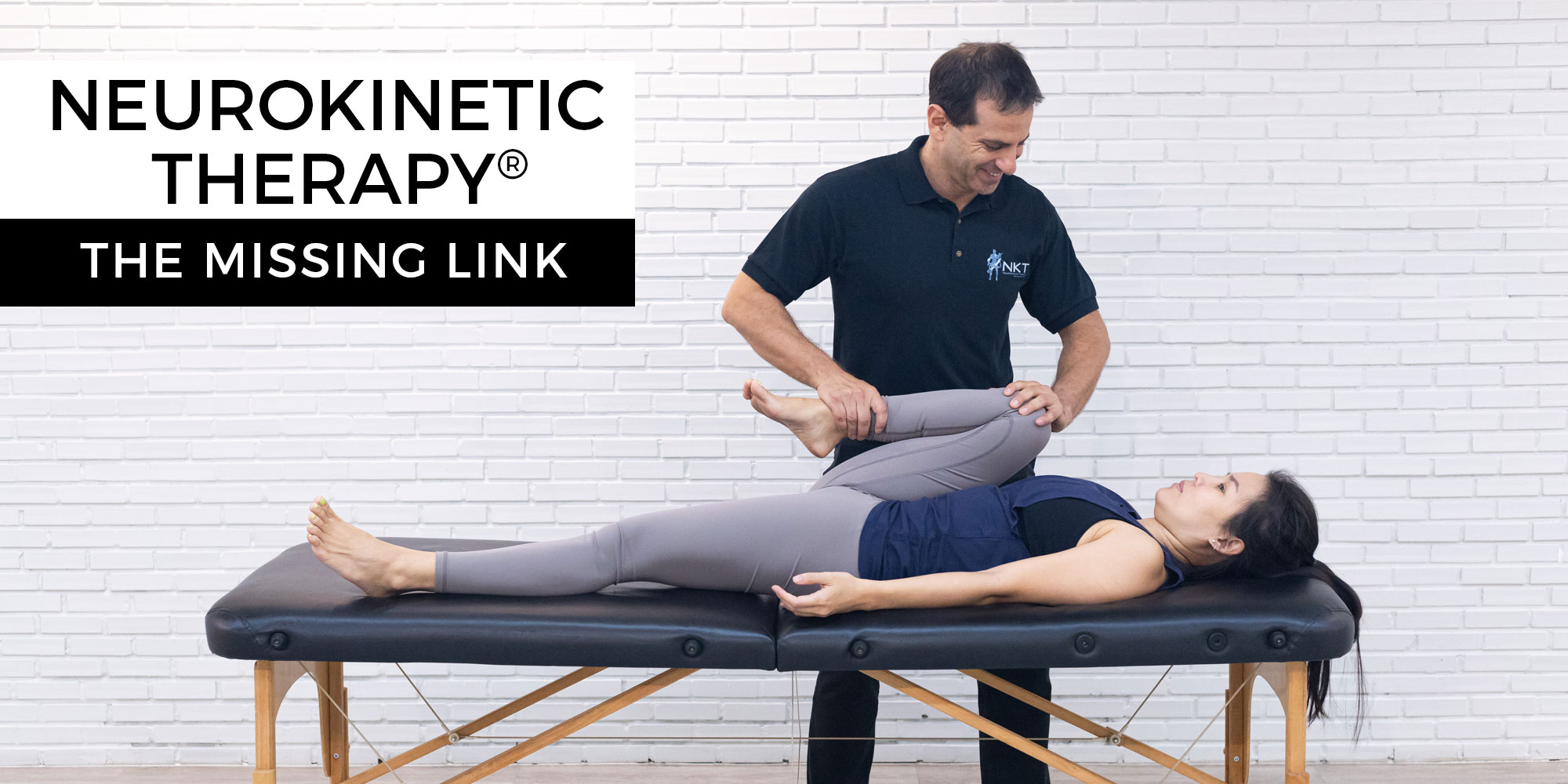
NeuroKinetic Therapy®
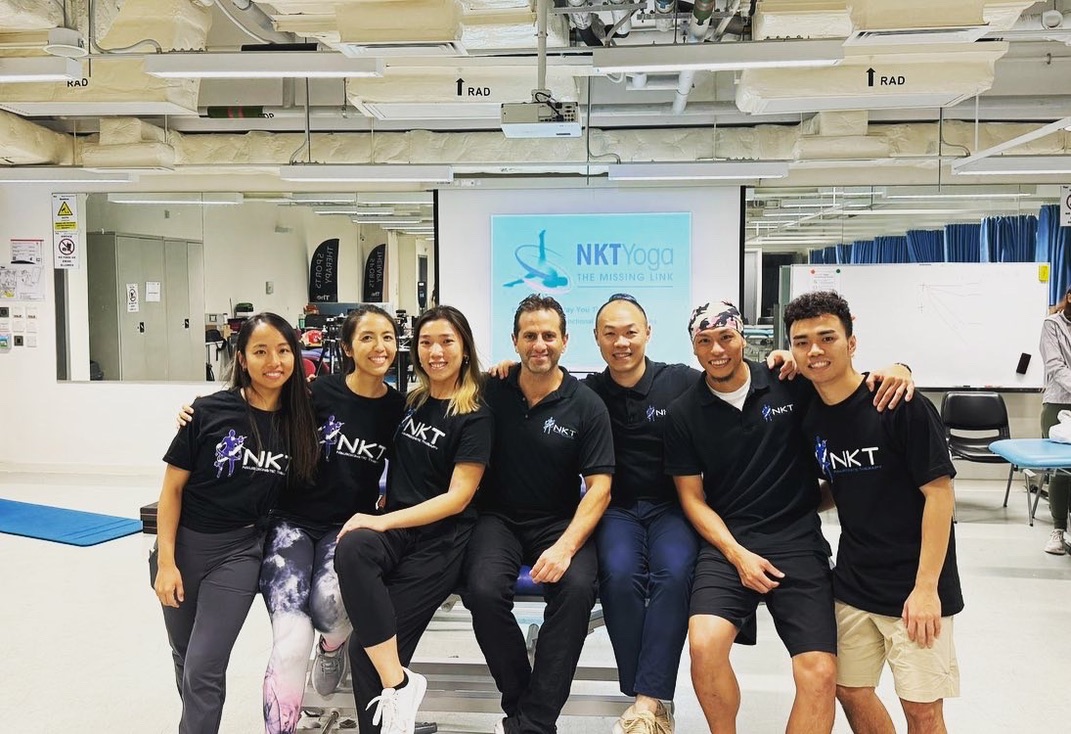
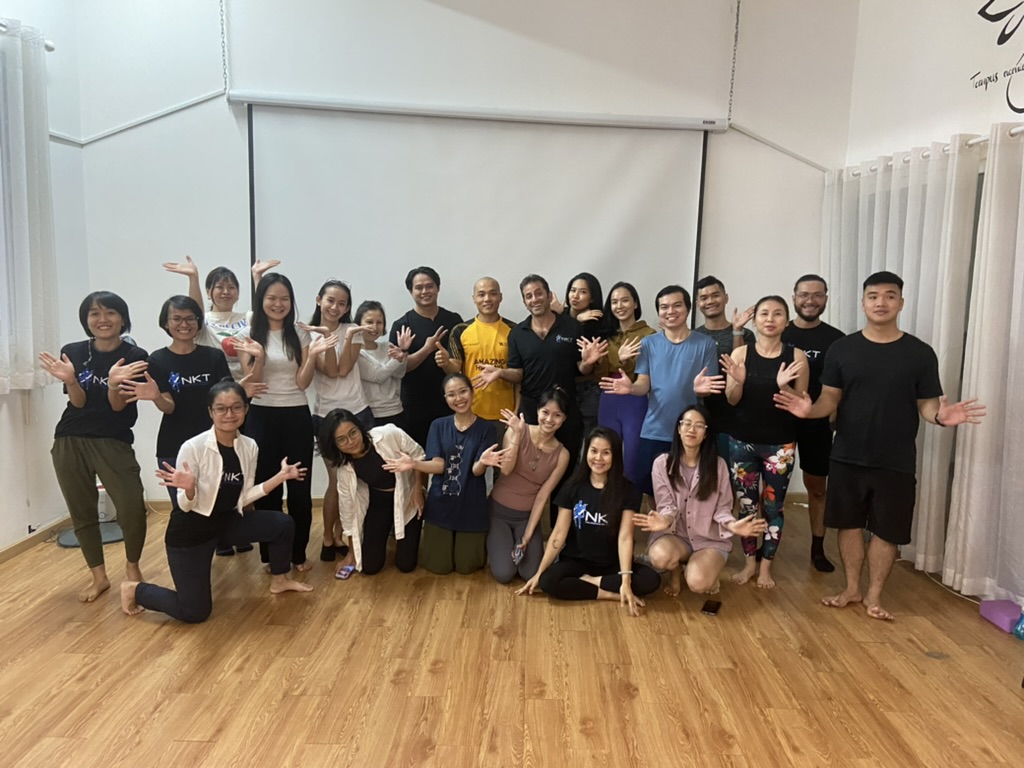
NeuroKinetic Therapy® (NKT®) is an advanced diagnostic tool and treatment approach to the body.
Through the use of manual muscle testing, NKT detects compensation patterns in the body and discovers which muscle groups are firing properly and which ones are not. When certain areas are not working efficiently, NKT has a unique set of protocols to figure out why. This normally involves another muscle that is overly tight or a joint that has lost range of motion.
As humans, we all have imbalances. NKT’s unique ability to determine your exact compensation pattern sets it apart from many other systems. We treat the cause of your dysfunction, and not just the symptoms.
Everyone has imbalances that they live with and lie dormant. When those dysfunctions come to the forefront, they cause pain and injury. NKT will assess and treat your individual, specific pain.
At the end of every NKT session, specific exercises will be given to reinforce the new movement patterns we’ve created. These exercises are paramount for the complete healing and elimination of your discomfort and pain.
Jory Serota is an international NKT instructor. He is also the creator of the NKT Yoga and NKT Mobility and Assessment programs. He has been teaching world-wide since 2014.
Treat the Cause—
Not the Symptoms
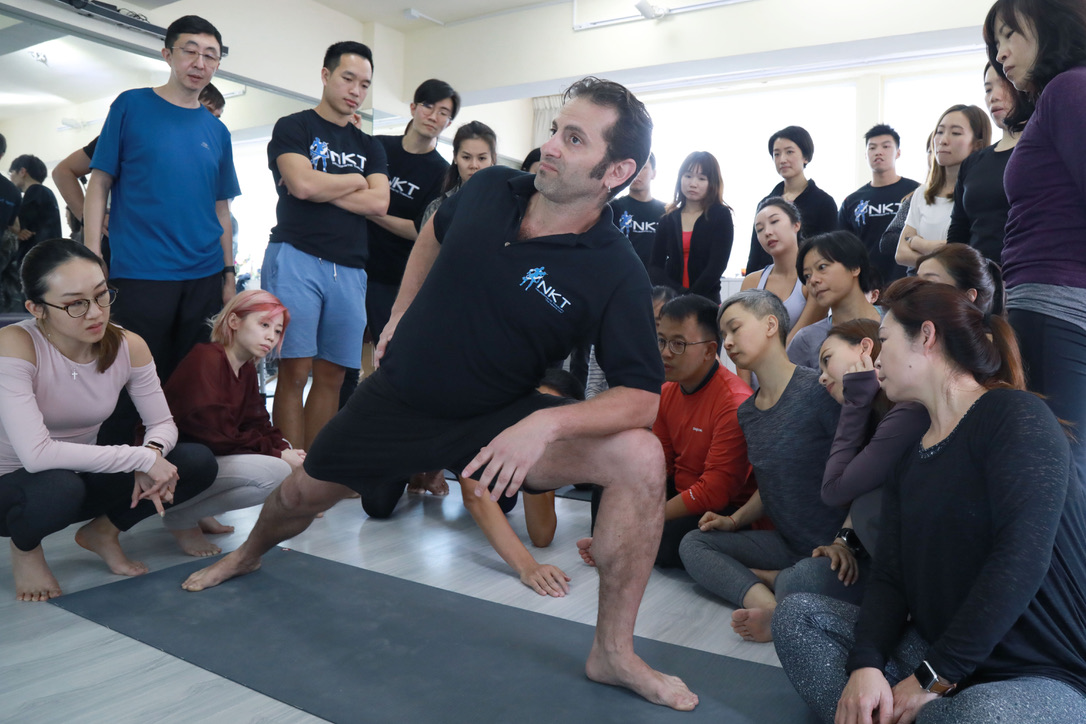
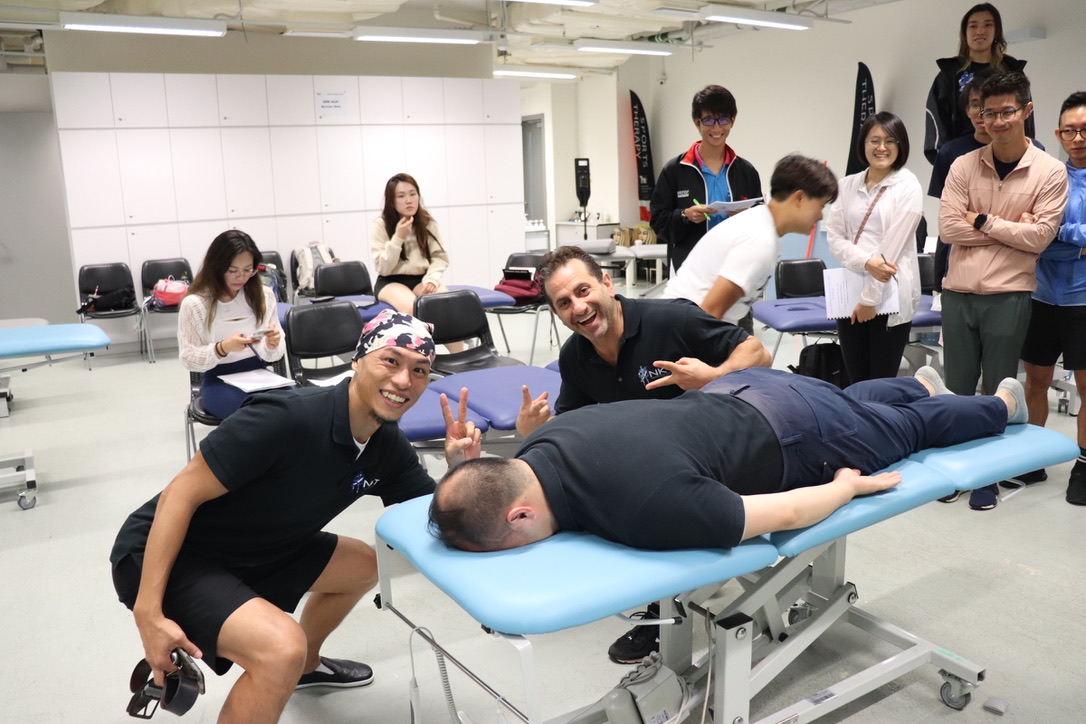
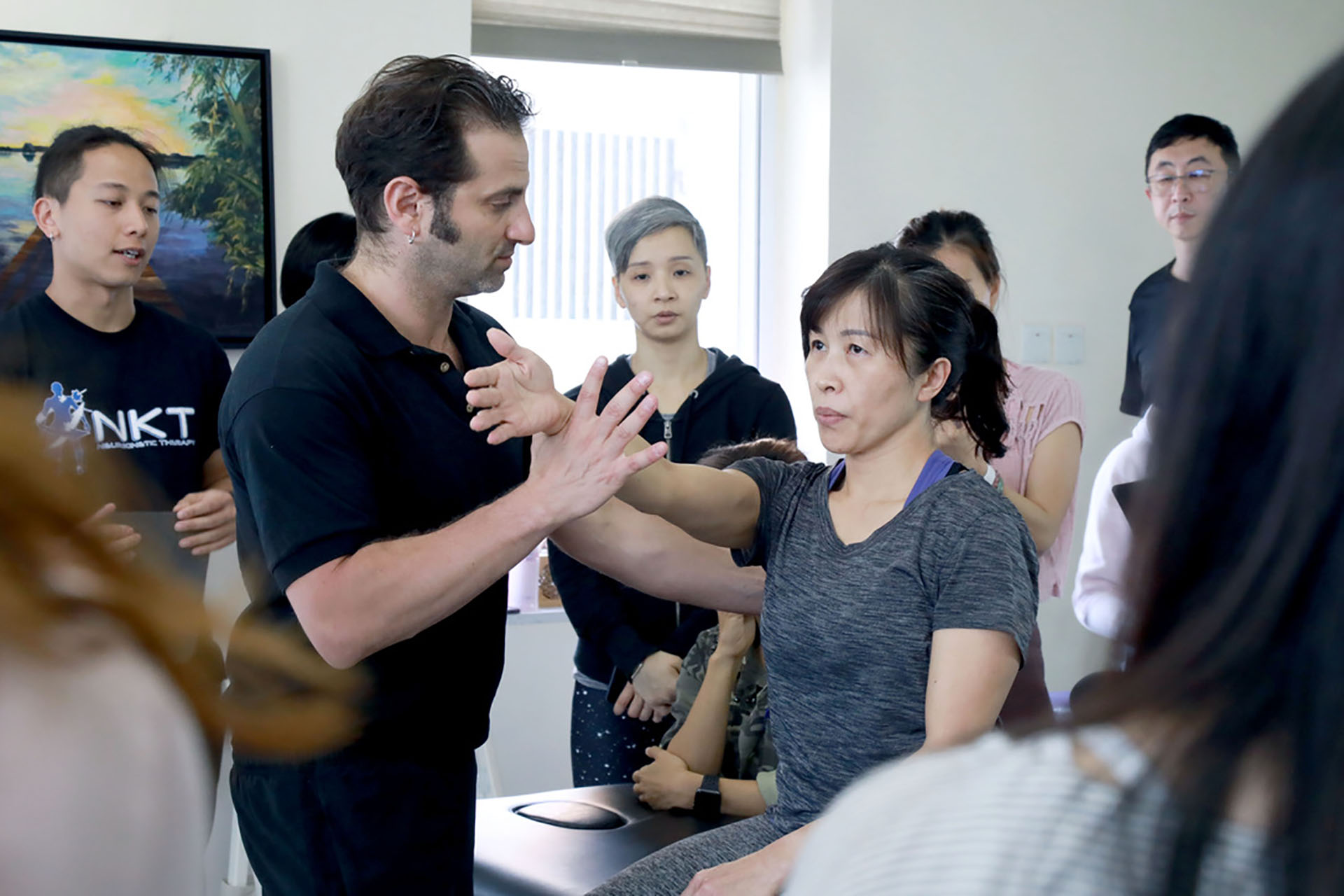
I fully believe that the best environment to learn in is one that combines intelligence with humor.
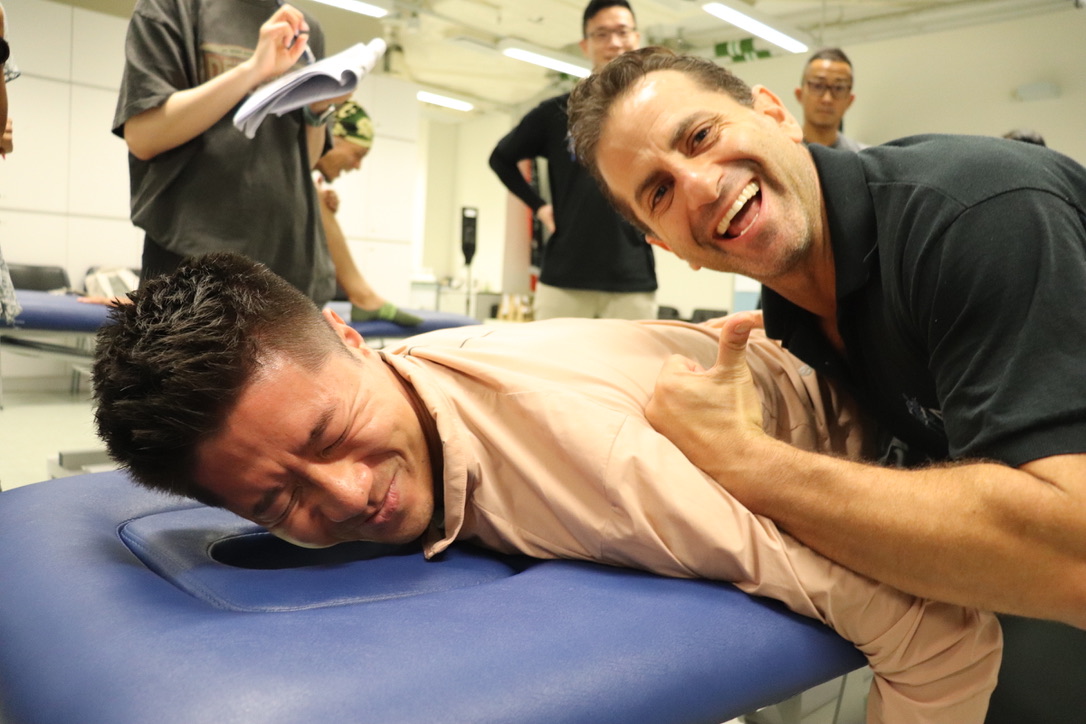
My classes involve detailed biomechanical information with light-hearted comedy to make sure the students don’t feel overwhelmed with the material.
Treatments
NKT treats all musculoskeletal injuries and pain including, but not limited to:
- Lower back pain
- Herniated discs
- Tennis elbow
- Muscle strains
- Neck pain
- Sciatica
- Rotator cuff injuries
- TMJ
- Subacromial impingements
- Hip degeneration
- Knee pain
- Tendinitis
- Carpal tunnel
- Plantar fasciitis
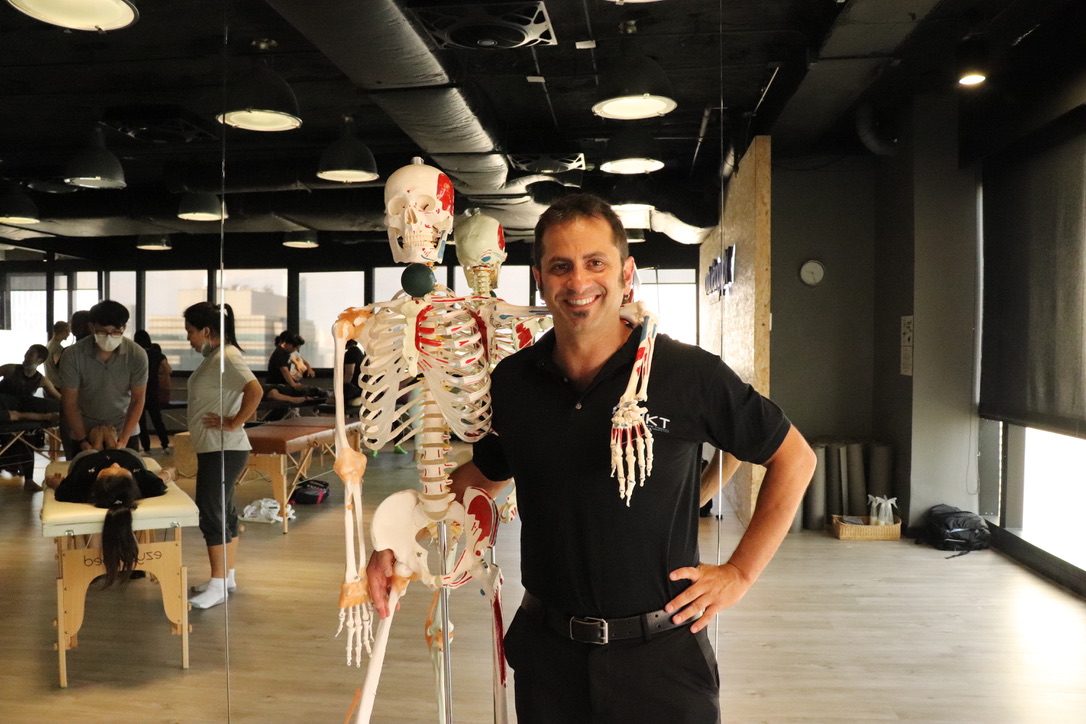
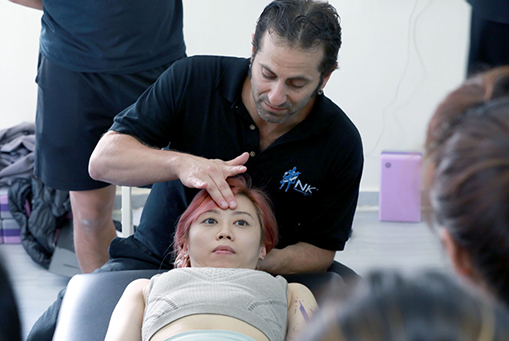
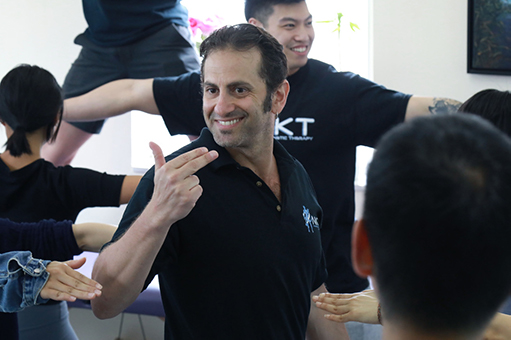
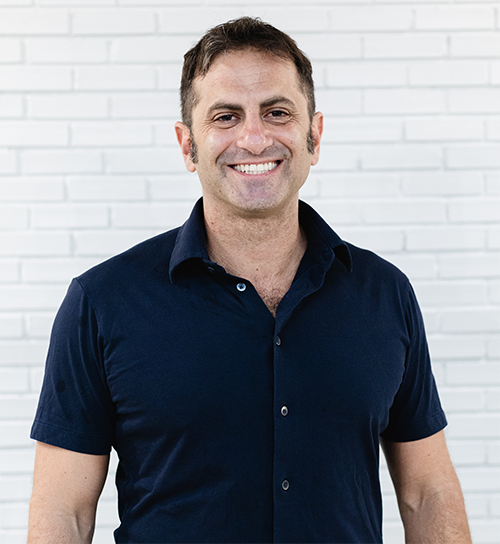
When we have pain, the body compensates. Some muscles start overworking while others underwork. These imbalances must be addressed so they don’t take hold and persist indefinitely.
– Jory Serota, LMT, NKT, AYI
